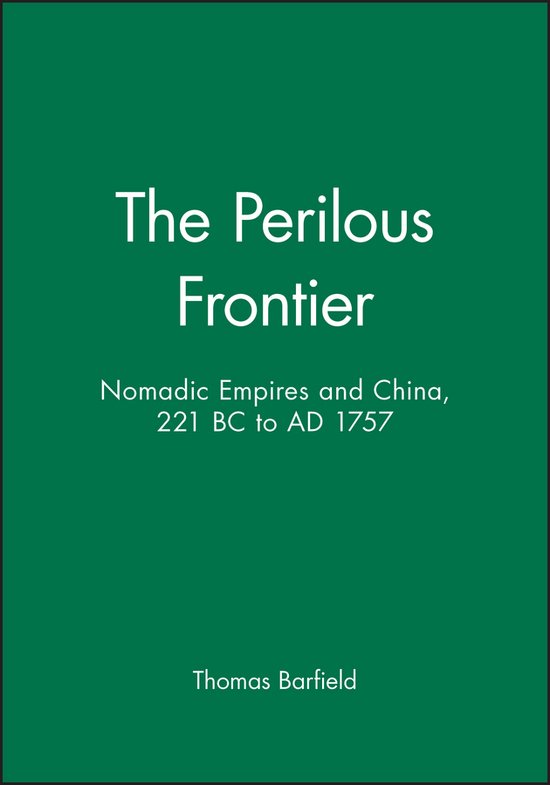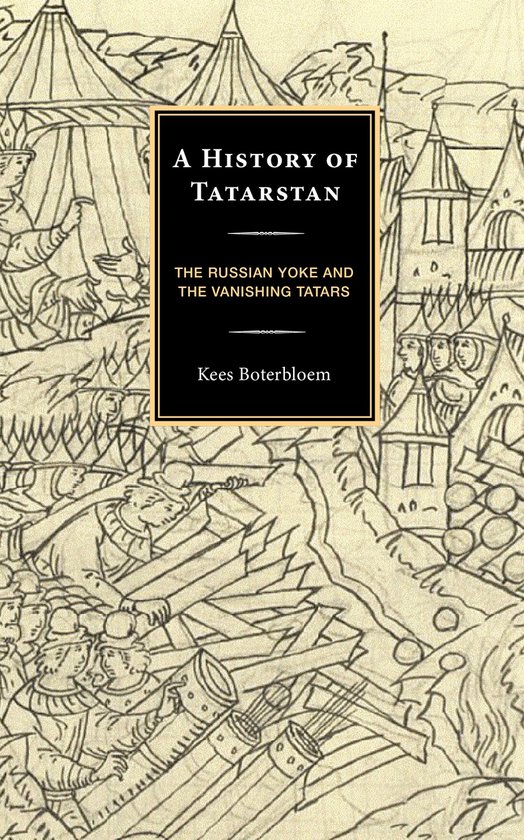
The Perilous Frontier
Around 800 BC, the Eurasian steppe underwent a profound cultural transformation that was to shape world history for the next 2,500 years: the nomadic herdsmen of Inner Asia invented cavalry which, with the use of the compound bow, gave them the means to terrorize first their neighbors and ultimately, under Chingis Khan and his descendants, the whole of Asia and Europe. Why and how they did so and to what effect are the themes of this history of the nomadic tribes of Inner Asia - the Mongols, Turks, Uighurs and others, collectively dubbed the Barbarians by the Chinese and the Europeans.
This two-thousand year history of the nomadic tribes is drawn from a wide range of sources and told with unprecedented clarity and pace. The author shows that to describe the tribes as barbaric is seriously to underestimate their complexity and underlying social stability. He argues that their relationship with the Chinese was as much symbiotic as parasitic and that they understood their dependence on a strong and settled Chinese state. He makes sense of the apparently random rise and fall of these mysterious, obscure and fascinating nomad confederacies.
Around 800 BC, the Eurasian steppe underwent a profound cultural transformation that was to shape world history for the next 2,500 years: the nomadic herdsmen of Inner Asia invented cavalry which, with the use of the compound bow, gave them the means to terrorize first their neighbors and ultimately, under Chingis Khan and his descendants, the whole of Asia and Europe. Why and how they did so and to what effect are the themes of this history of the nomadic tribes of Inner Asia - the Mongols, Turks, Uighurs and others, collectively dubbed the Barbarians by the Chinese and the Europeans.
This two-thousand year history of the nomadic tribes is drawn from a wide range of sources and told with unprecedented clarity and pace. The author shows that to describe the tribes as barbaric is seriously to underestimate their complexity and underlying social stability. He argues that their relationship with the Chinese was as much symbiotic as parasitic and that they understood their dependence on a strong and settled Chinese state. He makes sense of the apparently random rise and fall of these mysterious, obscure and fascinating nomad confederacies.
| Auteur | | Thomas Barfield |
| Taal | | Engels |
| Type | | Paperback |
| Categorie | | Mens & Maatschappij |


